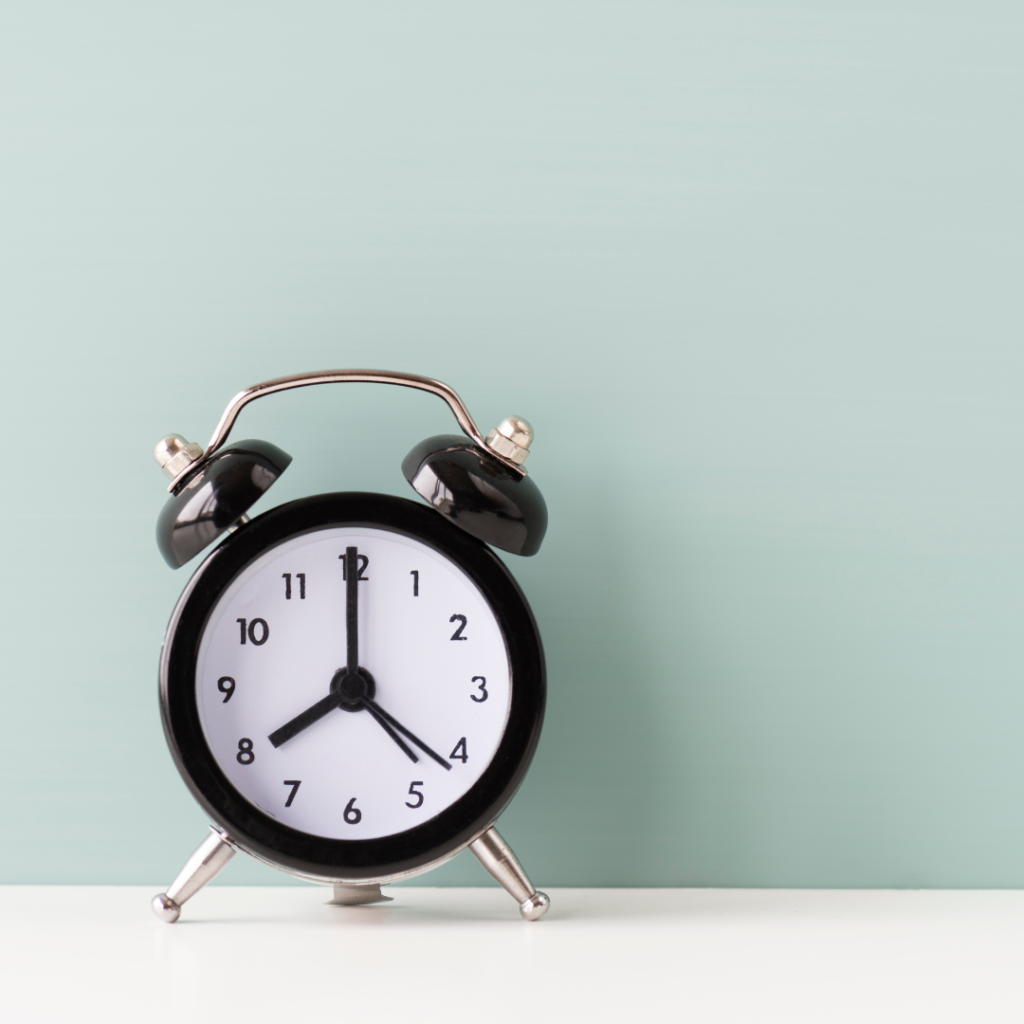
Having a newborn to love and care for brings many parents feelings of overwhelming joy and happiness. As their little one happily feeds and sleeps, they marvel at the life they have created and the life they will share together in the years ahead.
But for others, the initial elation of their child’s arrival quickly descends into a highly stressful and exhausting time for everyone involved. Night after night of disrupted sleep followed by what feel like never-ending days soon add up, and before they know it, they’re sleep deprived and stuck there.
In this article:
Sleep deprivation is a truly awful cycle to be stuck in and unfortunately, many families continue struggling for weeks, months and even years on end after having their little one.
But why?
A significant factor, I believe, is that the baby sleep education available to new parents is inconsistent, overwhelming and downright confusing.
We have a world of knowledge at our fingertips thanks to the internet and how easily we’re able to connect with other parents for advice and support, but what happens when all of that knowledge and advice is conflicting?
“Don’t do that – do this.”
And at the same time:
“Try this. Don’t worry about that.”
From when to start focusing on sleep and routine to what “magical products” to buy so their babies sleep well, parents are being bombarded with differing advice everywhere they turn.
Is it any wonder then that they lack confidence, feel utterly confused and end up struggling?
Baby sleep is presented as complex, but when we strip it all back, sleep is an inherently primal, basic human function. All human beings are designed to sleep and can sleep very well – if the conditions they are in help them to do so. It doesn’t matter what age they are!
When we consider sleep from this angle, it’s clear that what makes baby sleep education helpful is acknowledging the need for a holistic approach.
What does that mean?
For a baby to settle and sleep well, healthy sleep foundations need to be in place – and applied consistently. Babies need and thrive on consistency, and doing the same things, day after day, night after night helps them to feel safe and secure.

Here are just some of the healthy sleep foundations that we educate families about:
Your baby’s circadian rhythm (and ours too as adults) is regulated by night and day and finely tuned to a 24-hour body clock (1). Their day consists of naps when they are tired, interspersed with periods of awake time. At night, their body clock wants them to be having one long continuous stretch of sleep for 12 to 13 hours (with feeds throughout, depending on their age).
The best way to help your little one establish and function in sync with their natural circadian rhythm is to implement a consistent bedtime each night along with a consistent wake-up time each morning.
The ideal bedtime we recommend for babies is 6pm (6:30pm for older toddlers), meaning the optimal time for them to get up and start the day the next morning falls somewhere between 6am and 7am.
Establishing these timings consistently will help your baby’s natural body clock fall into place.
Be mindful also that your baby’s day naps don’t finish too late in the afternoon, otherwise this will impact the 6pm bedtime.
Avoid putting your baby down to sleep in multiple locations throughout the house. Having the one consistent sleep space, usually a cot or a bassinet, will help create familiarity and a positive association for your baby from early on.
Learn to recognise your baby’s tired signs during the day. When they get tired, they need to sleep. Common tired signs include becoming irritable, yawning, and jerky arm and leg movements.
If your baby is kept up for too long, they will become overtired and overstimulated very quickly, and this makes it very difficult for them to fall asleep and stay asleep.
Your baby’s sleep space should be free of items like musical toys, hanging mobiles and play mirrors as these all equate to distraction for your baby – whether that’s in the form of noise, colour, movement or light. Don’t be lured by the promise on the packaging that they will help soothe your baby to sleep. They won’t. In fact, chances are they will do the opposite!
Warmth is also an important factor. It’s essential you make sure your baby is cool and comfortable when it’s hot, and that they are warm and cosy when it’s cold. You don’t ever want to overheat your baby (2) but at the same time, it’s important to remember that a baby who is cold will not sleep well.
You can ensure your little one is neither too hot nor too cold by dressing them in the correct sleeping attire and adjusting the temperature of their sleep environment as needed.
Connect with Steph and stay up to date with Sleep by Steph's latest offerings.